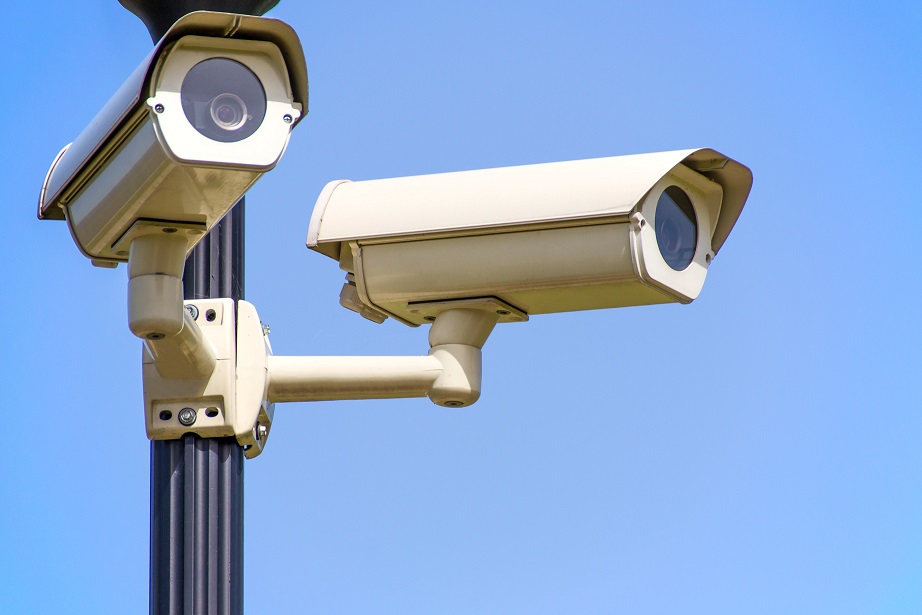This post is also available in:
 עברית (Hebrew)
עברית (Hebrew)
Microsoft President Brad Smith calls for government regulation on facial-recognition technology.
With the aid of smart camera systems governments and companies could track our whereabouts and activities. “It could follow anyone anywhere, or for that matter, everyone everywhere”, Smith wrote, according to seattletimes.com.
Smith also pointed out the benefits of facial-recognition technology, especially in helping police find missing children and identify criminals.
But without regulation, he added, “this use of facial-recognition technology could unleash mass surveillance on an unprecedented scale.”
Smith argues that it’s not too late to regulate the use of the technology before such surveillance could take place in the U.S.
Microsoft has been involved in proposing for regulations on face-recognition technology which includes a law that would inform consumers when facial-recognition technology is being used in a public place. The technology, which uses cameras and advanced machine learning systems to analyze and identify faces, is becoming increasingly common in the country as the technology gets more accurate, and is being used as a security measure in schools and at retail stores to observe consumers’ shopping patterns.
Microsoft has also recommended laws that require people to review results from the artificial intelligence systems before they’re automatically used to make decisions about people’s actions, especially where there could be legal or other important consequences. This could help cut down on instances of bias and discrimination, Smith wrote, an issue that developers of facial-recognition technology have struggled with and come under fire for, especially when related to use of the technology by law enforcement.
Studies have found that several facial-recognition systems make more errors when identifying women and people of color rather than white men. Microsoft and others have vowed to work on the problem, and Microsoft notes that its own Face API system has become more accurate at identifying people.


























